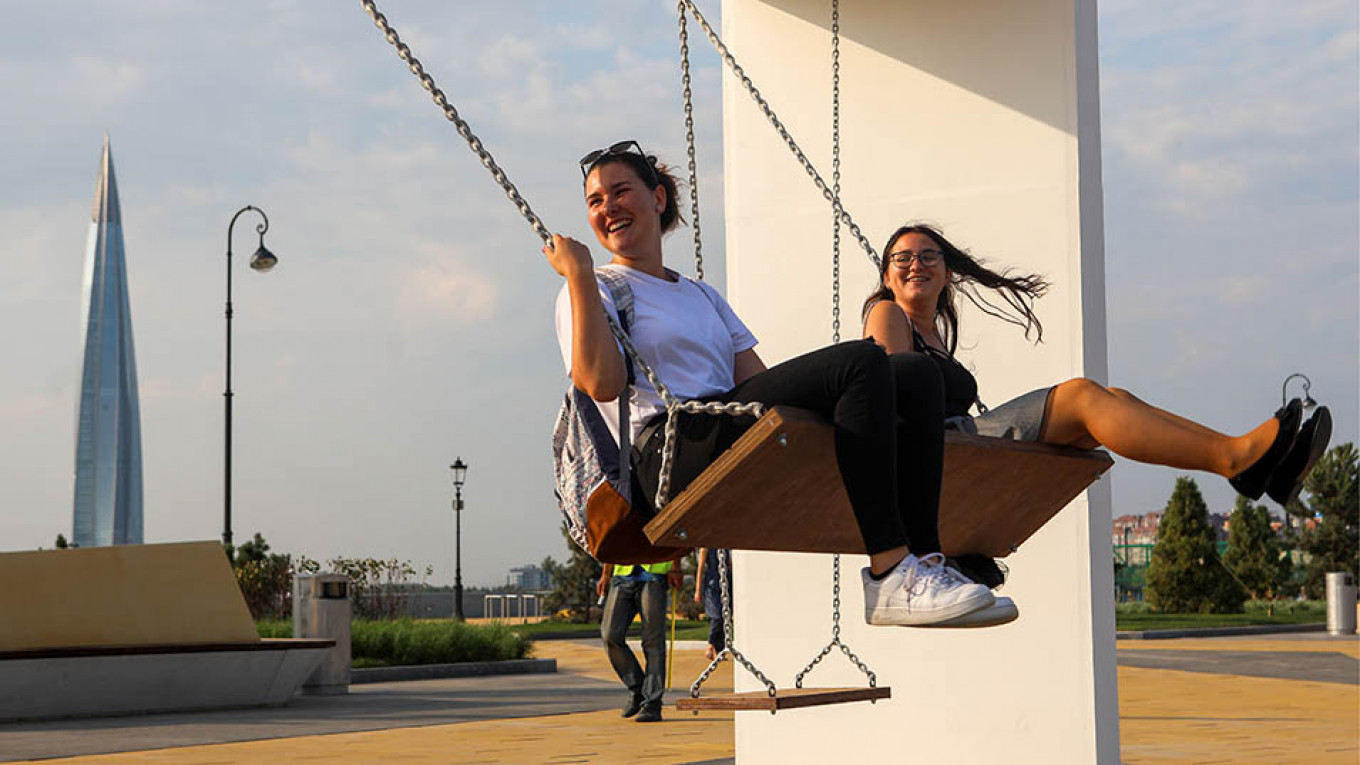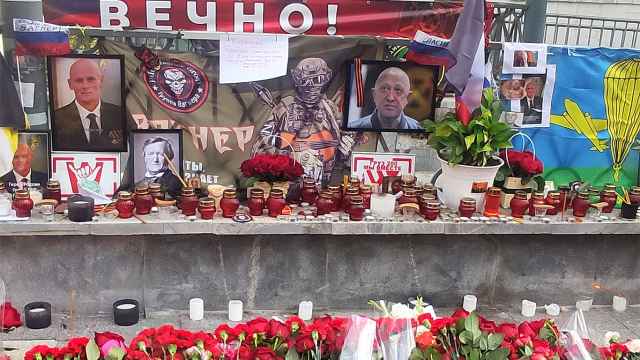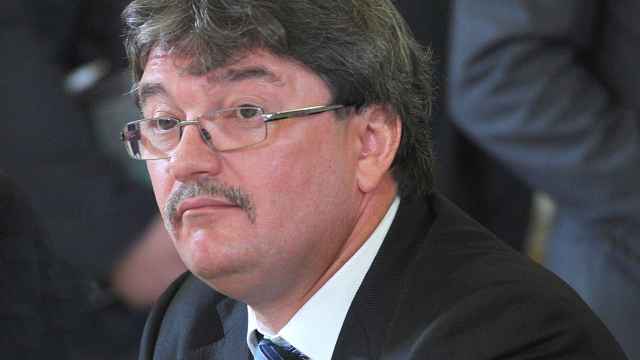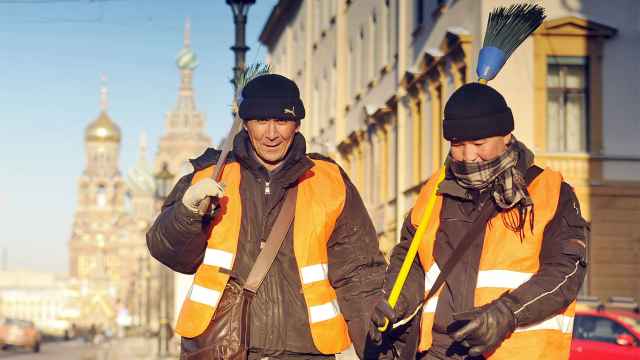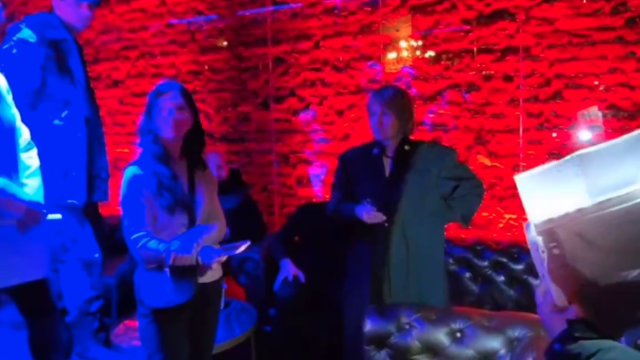If there’s one phrase that encapsulates the changes in St. Petersburg in 2019 it’s this: “St. Petersburg is back on Russia’s agenda.”
The slogan is being promoted by the city’s new governor Alexander Beglov — a close Kremlin ally — and it implies that Russia’s second-largest city will receive greater financial and political benefits from Moscow than ever before.
It also shows the path the city has decided to take — with new parks, bike lanes and transportation networks — all of which were adopted in Moscow over the past decade, some say as surrogates for democracy and economic growth.
But while Russia’s capital has been transformed into a much more livable city, St. Petersburg has largely remained frozen in time — apart from isolated infrastructure projects like the new Gazprom Arena.
Now, the city is playing catch-up, although critics say that not everything is going as planned. Here are some of the coming changes:
Transport overhaul
The most-discussed change scheduled in St. Petersburg in 2020 is the wide-reaching “transport reform,” coming four years after a similar reform in Moscow.
In its current version, the plan stipulates that St. Petersburg will halve its number of bus routes by July 15, 2020, while getting rid of all marshrutkas — small mini buses run by private companies whose drivers have been accused of driving recklessly and causing accidents.
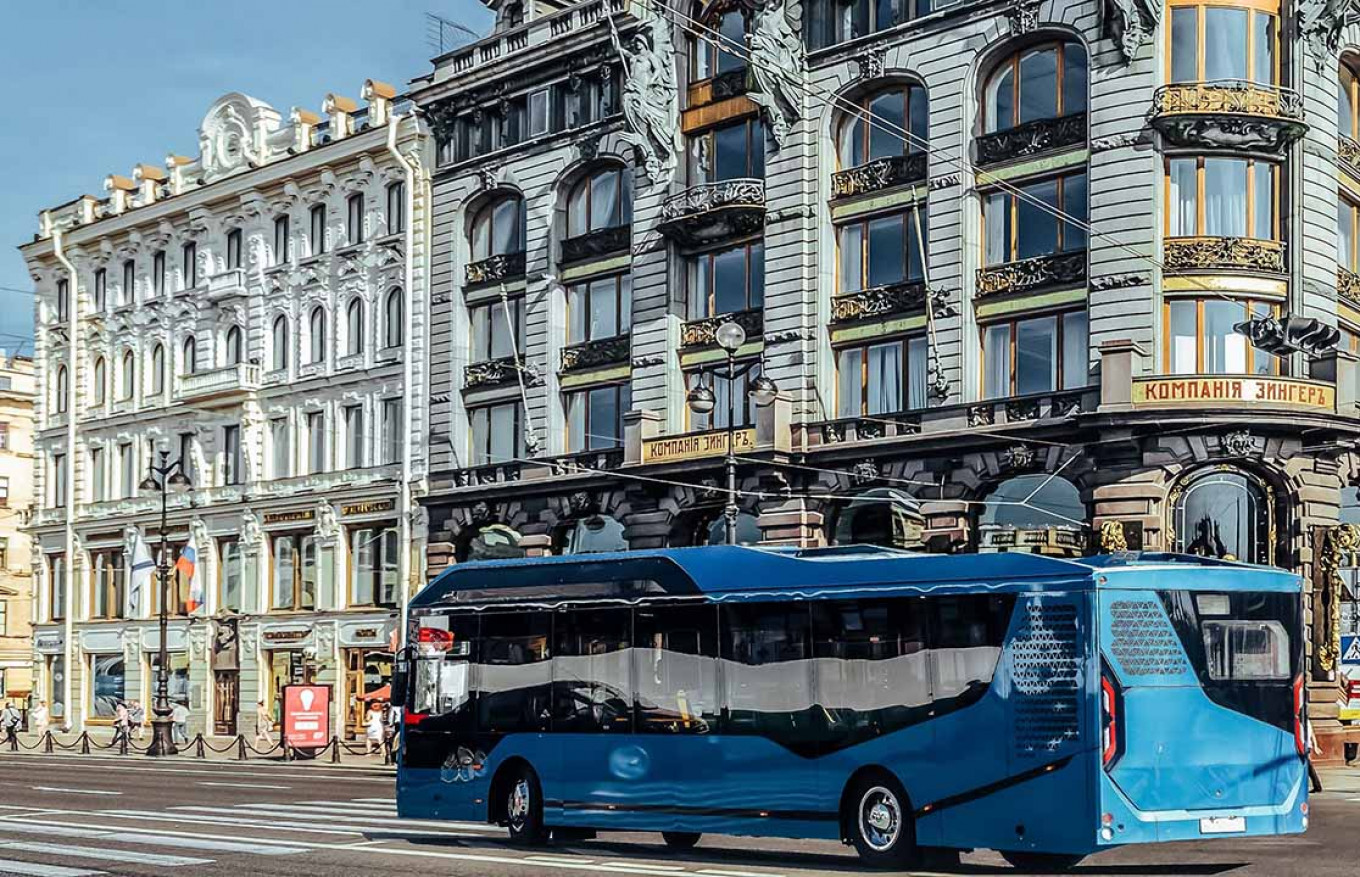
Most significantly, the city has pledged to replace all buses more than two years old with new models equipped with air conditioning, usb chargers and easier entry for people with disabilities. This will also mean bus conductors will be laid off in favor of an electronic payment system.
Locals have already chosen the color of the new buses in an online poll — sky blue — and the city is currently testing several possible models, including an electronic bus produced in Portugal.
Observers, however, say the ambitious plan to get rid of all of the city’s old buses may be delayed or amended because of its high cost, as it will require the purchase of an estimated 1,700 new buses.
In a less popular move that has sparked protests, transport fares will increase from Jan. 1 by 10 rubles for single rides, bringing ticket prices to 55 rubles ($0.88) for the metro and 50 rubles for the bus. Much of the increase is expected to be covered by tourists though, as fares for passengers with transport cards will only increase to 37 rubles.
Meanwhile, Russian Railways is expected next year to begin construction of new high-speed commuter railways between St. Petersburg and its suburbs as part of an 88 billion ruble investment plan.
A park ‘for the people’
The symbol of Moscow’s recent transformation is Zaryadye Park, an urban relaxation space overlooking the Kremlin.
Not to be outdone, St. Petersburg’s governor and President Vladimir Putin last spring announced plans for a park to rival Zaryadye, to be built on prime real estate on the banks of the Neva River.
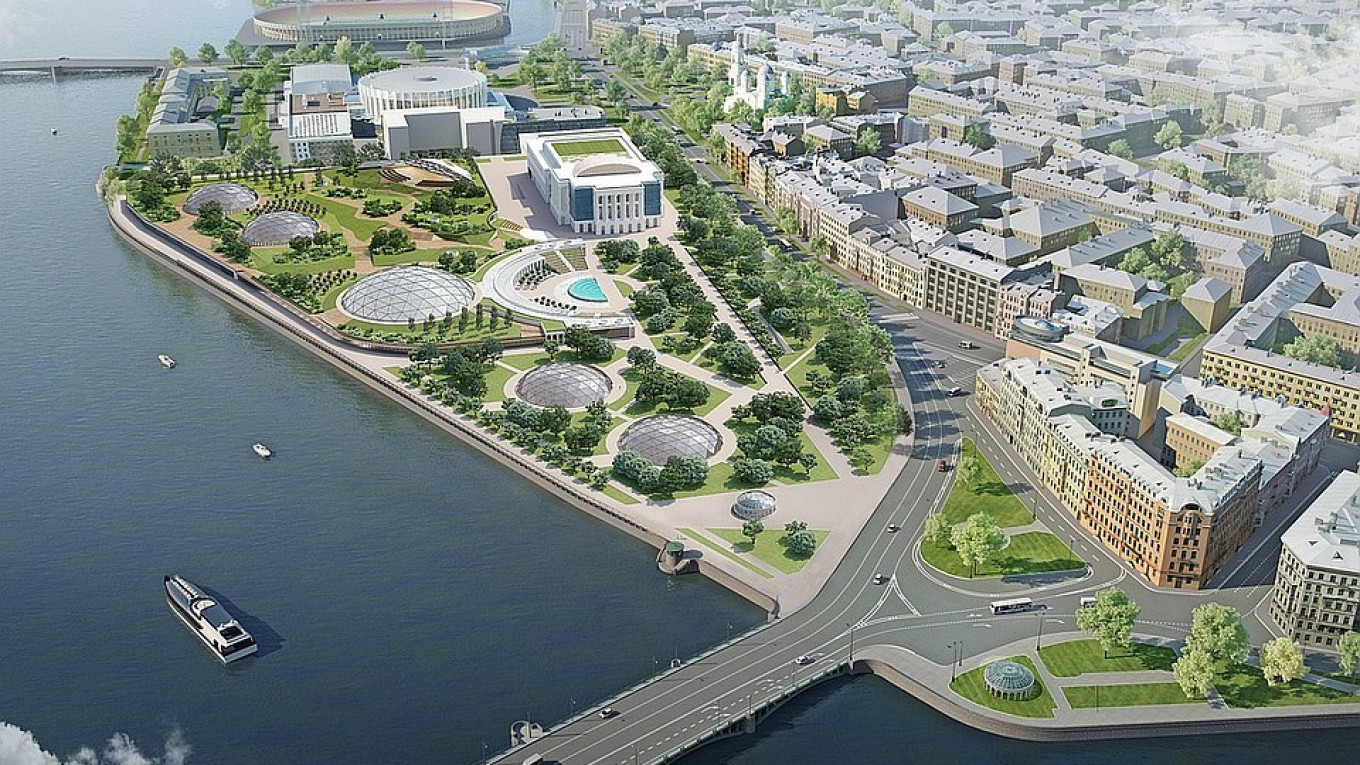
Locals voted earlier this year to name the park “Tuchkov Buyan,” the old name for the area it will be located in, and have participated in public hearings about what they want to see in the park.
Like with Zaryadye, officials have emphasized that the territory will be “given to the people,” as the site had previously been slated to house Russia’s Supreme Court, and before that there were plans to turn it into a luxury residential area.
Construction of the new park will largely be financed by the federal government and the bureau chosen to lead the project will be announced at the St. Petersburg International Economic Forum (SPIEF) in June 2020.
Urban renewal
St. Petersburg officials have already embarked on a blagoustroystvo (urban renewal) project that mimics many of the changes made in Moscow in recent years.
The local government has ruled to increase the budget of the city’s urban renewal committee next year by nearly half to 22 billion rubles ($346 million) for projects including new public spaces, street renovations and greenery. Russia’s rainy-day national wealth fund has also allocated money for the first time to help finance some of the projects.
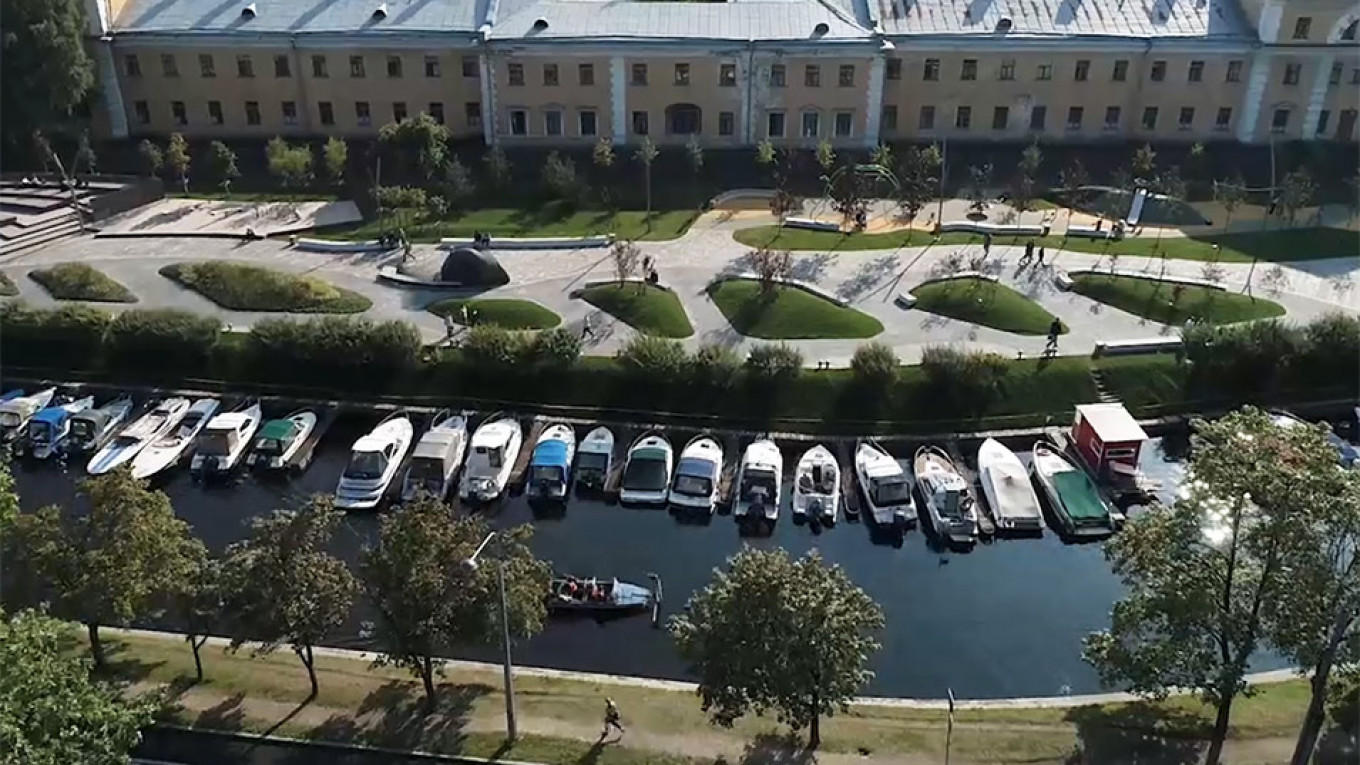
Plans have been announced for 15% more trees to be planted across the city than in 2019, as well as an additional 13 kilometers of bike lanes.
Locals, however, say that the government has been inconsistent as over the past year many trees have been uprooted in the center of the city and there are plans to abolish several parks.
Most recently, locals have protested against plans to replace the suburban Murinksy park with a sports complex, as well as against permission given by city hall to replace the centrally located Neva Garden park with the planned Supreme Court district.
Catching up with Moscow’s tourism craze
The World Cup helped cement St. Petersburg’s place as an international tourist destination in 2018, and since then, tourist numbers have continued to rise.
This past year, the city hosted around four million foreign tourists, fewer than Moscow’s 5.5 million. That may soon change after St. Petersburg introduced a free electronic visa program for the citizens of 53 different countries in October. It’s expected to bring up to a million more tourists in 2020.
Moreover, St. Petersburg’s Pulkovo airport is on its way to becoming Russia’s first airport to allow “seventh freedom flights” in 2020, meaning that foreign airlines can fly to St. Petersburg without having to stop in their home country. WizzAir this month became the first foreign airline to apply to operate new flights under the program, and other airlines like Ryanair and EasyJet are expected to submit their proposals in the coming weeks.
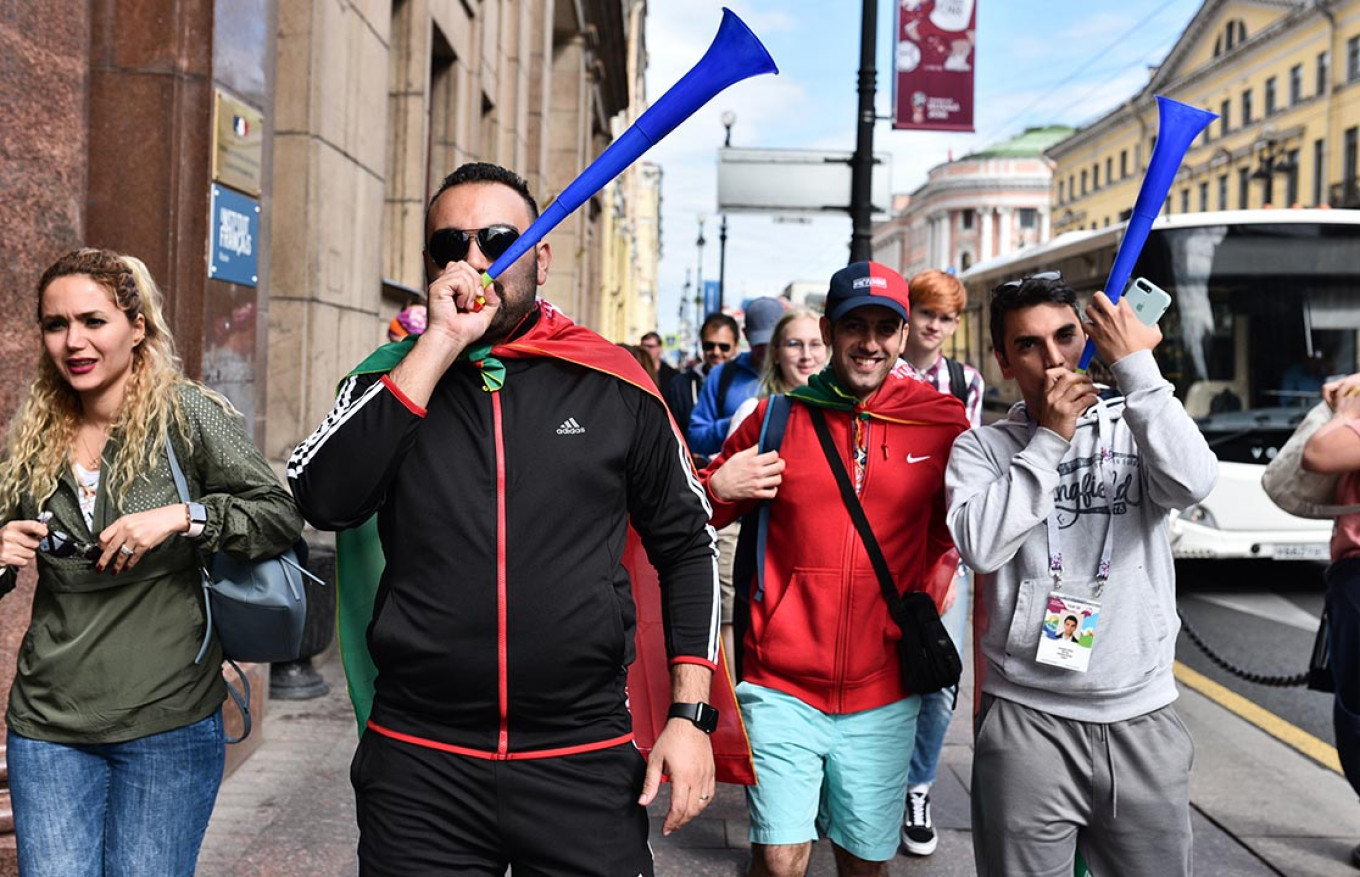
The move is likely to transform St. Petersburg into a transport hub with lower prices for flights — which was previously a Moscow perk.
Meanwhile, St. Petersburg is continuing to raise its profile for events tourism with high profile concerts, conferences and sporting competitions.
Next year, the city will host some EURO 2020 championship matches and the BRICS summit, as well as now-traditional events like SPIEF and the St. Petersburg International Cultural Forum.
Growing links to Moscow
The number of people travelling between Russia’s two largest cities is set to increase over the next year with the launch of the new 669-kilometer M11 toll highway.
The road has cut travel time for drivers to under six hours from the previous nine, while also reducing traffic along the route.
Meanwhile, Russian Railways has said that it will begin construction of an ultra-high-speed railway between Moscow and St. Petersburg that will reduce travel time to just 2.5 hours from the current four on the Sapsan train.
Lastly, Gazprom’s Lakhta Center skyscraper is scheduled to open in early 2020 after the completion of interior renovations and surrounding landscaping.
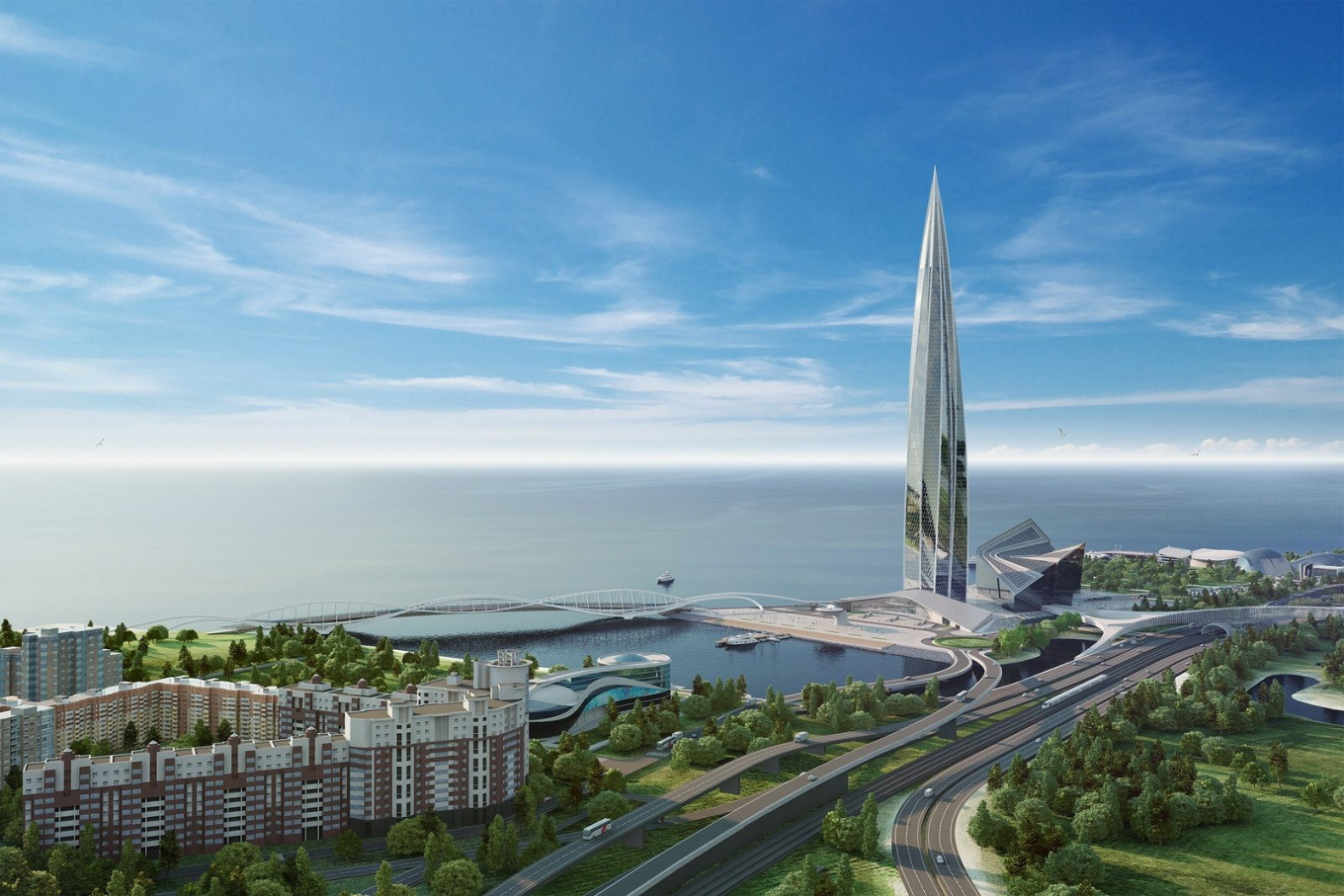
Gazprom Neft has announced that the 462-meter building — the tallest in Europe — will be surrounded by a new public space with entertainment options for locals.
While the skyscraper won’t rival the Moscow City business district, it is yet another sign that a previously conservative city is slowly adopting the aesthetics of the Russian capital.
A Message from The Moscow Times:
Dear readers,
We are facing unprecedented challenges. Russia's Prosecutor General's Office has designated The Moscow Times as an "undesirable" organization, criminalizing our work and putting our staff at risk of prosecution. This follows our earlier unjust labeling as a "foreign agent."
These actions are direct attempts to silence independent journalism in Russia. The authorities claim our work "discredits the decisions of the Russian leadership." We see things differently: we strive to provide accurate, unbiased reporting on Russia.
We, the journalists of The Moscow Times, refuse to be silenced. But to continue our work, we need your help.
Your support, no matter how small, makes a world of difference. If you can, please support us monthly starting from just $2. It's quick to set up, and every contribution makes a significant impact.
By supporting The Moscow Times, you're defending open, independent journalism in the face of repression. Thank you for standing with us.
Remind me later.



